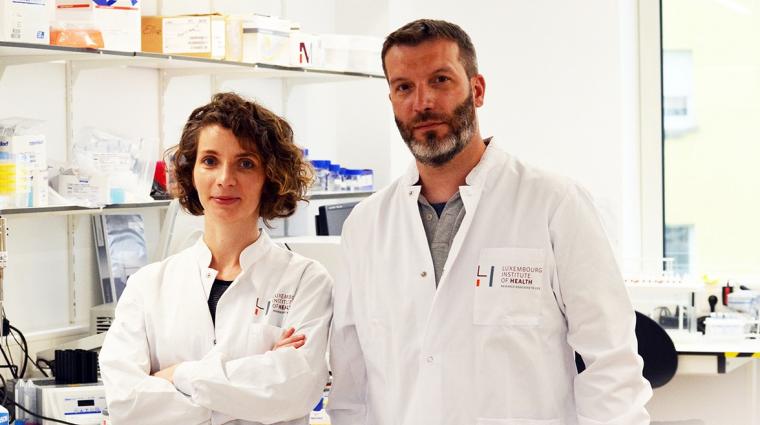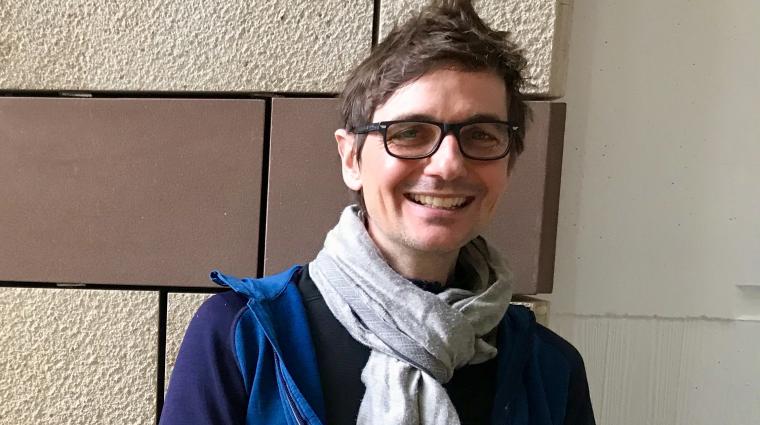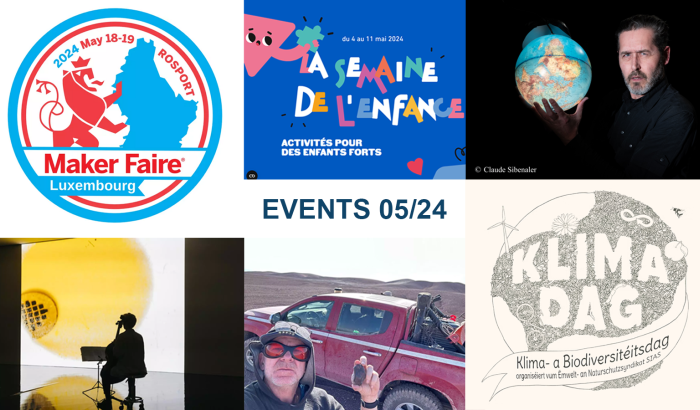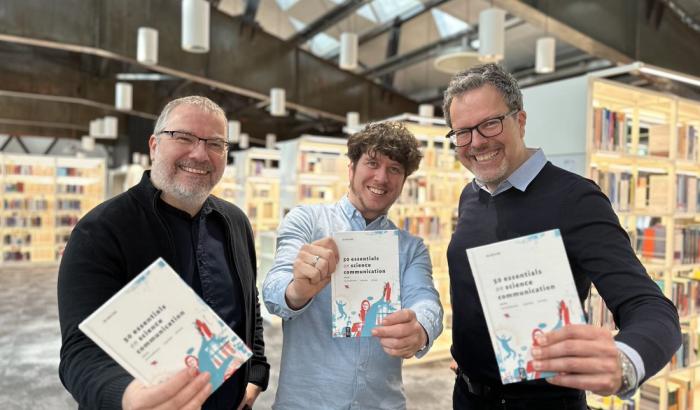
Descome, Uni.lu
Luxembourg is a land of science
Artificial intelligence, biomedical and materials sciences, mathematics... The science community in Luxembourg is constantly bubbling up with new ideas! But who really knows what scientists are searching for, what their daily lives look like and where to find them?
Twenty-two PhD candidates of the University of Luxembourg have joined forces to help future generations picture the opportunities brought by science.
These students from the Doctoral School in Science and Engineering (DSSE) are going beyond their daily research tasks by learning to communicate on difficult topics. They’re sharing their enthusiasm by helping script the following seven illustrated tales. We hope these seven ”reflections of science” will help ensure a bright future for science in Luxembourg!
Here is the first of seven comics entitled:
Using "mini-brains" to investigate Parkinson's disease






About the authors:
"We are Sònia Sabaté Soler, Isabel Rosety and Lisa Smits and currently PhD students at the Luxembourg Centre for Systems Biomedicine (LCSB). The three of us are studying and working together in a laboratory and we are researching in the field of brain biology. We believe that this topic is very fascinating and we are proud to be part of the scientific community in Luxembourg. With this comic, we hope that we are able to convince some curious minds to join us in the world of science!"
Illustrator: Julien Flamand.
Here you can download the PDF file of this comic.
You can download all seven comics on: descom.uni.lu
This project was realized with the help of:
- Serge Haan, Dov Gabbay, Leon van der Torre, Antonella Perucca, Nicole Paschek and Hugo Parlier (University of Luxembourg)
- Nathalie Valle & Patrick Choquet (Luxembourg Institute of Science and Technology)
- Francisco Azuaje (Luxembourg Institute of Health)
Scenarists:
- All the members of the groups listed above
- Bruno Teheux and Oliver Glassl (University of Luxembourg)
- Charles Leveugle (Agence 9 - Une bulle en plus)
Drawings and design:
- Agence 9 - Une bulle en plus - agence9.com
Author: Bruno Teheux (Université du Luxembourg)
Edition: Michelle Schaltz (FNR)
Infobox
DESCOM (Doctoral Education in Science Communication) is a FNR-funded science communication project that aims at supporting interactions between academia and the public. For this purpose, a team of dedicated people within DESCOM not only promotes and organises outreach activities, like the science comics above. DESCOM also provides formal science communication training for doctoral candidates of Luxembourg in the form of a science communication course as well as science communication internships at one of the several partners of DESCOM (source: uni.lu).
For more information, please visit descom.uni.lu





